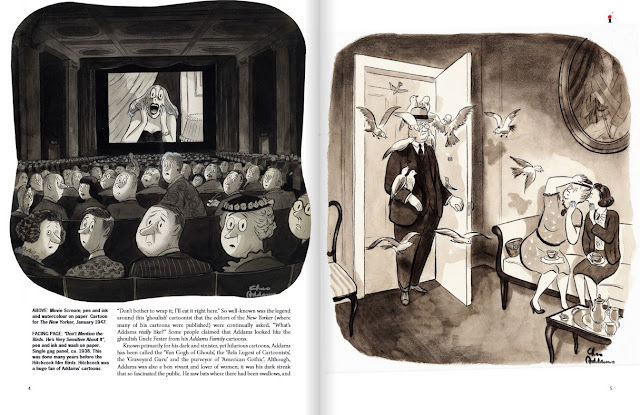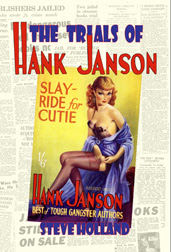Charley Lippincott, who will be remembered for his activities as the
publicist on the original
Star Wars movie whose marketing acumen helped
make it a phenomena, was hospitalized on Thursday, 14 May and was placed
on a ventilator. He suffered a heart attack two days later and passed away on Tuesday, 19 May. His
wife, Bumpy, when announcing his death, wrote “Charley had some kind of
Covid-19 premonition that if he went into hospital, he would probably
die. At first, it frightened him, but then he became reconciled because
he felt he had lived a full and rich life. Charley thought he had been
blessed. He lived a good life, a full life, and was luckier than most.
Oh, he wanted to keep on living – there were things he still wanted to
do – but he realized many of his peers were dying, and if the end came,
it would be alright because he had had a full, rich life.”
Lippincott was responsible for securing deals with various
companies, including Kenner (toys), Marvel (comics) and Del Rey (the
novelisation), and was a pioneer in promoting films at comic
conventions, taking the cast—including Mark Hamill—to San Diego Comic
Con and WorldCon in 1976 to talk about the following year’s release of
Star Wars.
Lippincott was also the publicist for
Alien (1979) and
Flash Gordon
(1980), before becoming the producer of zombie horror-comedy
Night Life
(1989) and
Judge Dredd, the 1995 Stallone movie. He had discovered Dredd
in the pages of 2000AD while working in London on
Alien and bought the
film rights, although he had to wait until the mid-1990s to see the film
in cinemas.
His vision of the film can be seen in the
The Making of Judge Dredd (1995), co-written with David Chute and Jane Killick.
Lippincott was a long-time fan of comic books and had earlier
produced and co-wrote (with director Ron Mann)
Comic Book Confidential
(1988), a history of the birth and development of comic book, using
interviews with Will Eisner, Robert Crumb, Jack Kirby, Stan Lee, Frank
Miller, Harvey Kurtzman, Charles Burns, Al Feldstein, Jaime Hernandez,
Harvey Pekar, Art Spiegelman and others.
Born on 28 October 1939, Lippincott attended USC Film School at the
same time as George Lucas. He became a publicist, working first at MGM
where his films included Michael Crichton’s
Westworld (1973), Alfred
Hitchcock’s
Family Plot (1976) and Jonathan Demme’s
Fighting Mad (1976).
He then joined 20th Century Fox to work on
Star Wars with George Lucas.
Lippicott became Senior Vice President, Advertising, Publicity,
Promotion and Merchandising for Star Wars Corporation.
Craig Miller, author of
Star Wars Memories, posted on Facebook:
“Charley was smart. He was funny. And, admittedly, in recent years he
could get a little cranky. But he was a great guy. He hasn’t been in the
best of health these last few years but I didn’t think he’d be leaving
us so soon.” In his book, he says “Charley was responsible for a lot. He
made sure every character, every name, every image was properly
copyrighted and trademarked. He made the licensing deals (along with
Marc Pevers, an attorney who was Vice President of Licensing at 20th
Century Fox) for the merchandise that, despite the enormous box office
gross, was the real profit center for Lucasfilm … And he masterminded
the campaign that truly changed the way movies were publicized.”
Lippincott left Lucasfilm in around 1978, continuing to work for Fox
and for Dino De Laurentiis on
Flash Gordon and
Conan the Barbarian
(1982).
Lippincott was highly active on Facebook and for a year (2015-16),
he recompiled material for his blog
(https://therealcharleslippincott.blogspot.com/) in which he revealed
many aspects of the original
Star Wars movie.
He and his wife, Bumpy, who survives him, lived in Vermont.

























































































